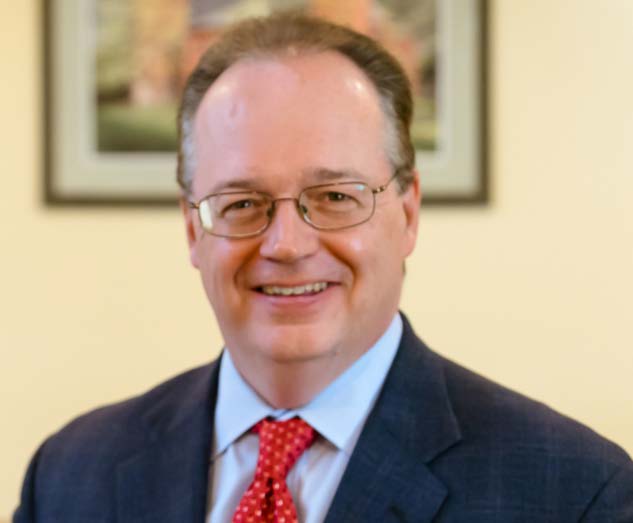 A former employee of an ambulance company will be paid more than $1 million for blowing the whistle on his employer’s submission of false claims to Medicare. The payment is part of a $5,426,000 settlement by Rural/Metro Ambulance to resolve allegations that the company billed Medicare for ambulance services that were never provided or were medically unnecessary. Under the False Claims Act, an individual whistleblower can file a lawsuit under seal (that is, in secret) on behalf of the government when they have evidence of false claims being made to Medicare, Medicaid, and other government programs. The government will review the case and decide whether to join it. If the whistleblower helps the government win the lawsuit, then the whistleblower is entitled to receive between 15% and 30% of the recovery. By law, the recovery is three-times the amount that was falsely obtained from the government. According to the allegations in this case, the ambulance company sought Medicare reimbursement for non-emergency transportation of Medicare beneficiaries to receive dialysis services. Medicare's regulations cover the reimbursement of certain ambulance services only if the patient's medical condition dictates that other means of transportation are not advised. This generally means that ambulance transportation is appropriate if the patient is bed-confined or if the patient's medical condition, regardless of bed confinement, is such that transportation by ambulance is medically required. The complaint alleged that the ambulance company falsely represented that transported patients were either bed-confined or that transportation by ambulance was medically required. Many of the patients, however, were neither bed-confined nor needed to be moved on stretchers, and did not require ambulance transportation or qualify for ambulance transport under the applicable Medicare requirements. According to the Department of Justice, more than $22 billion of taxpayer funds have been recovered under the False Claims Act, largely because of the efforts of whistleblowers and their attorneys. These cases are brought on a "contingency fee" basis, which means that the whistleblower does not pay any legal fees unless and until the government pays them their reward. If you have information that an individual or company is submitting false claims to Medicare, Medicaid, or another government program, then you should consult with an experienced lawyer immediately. To schedule a free and confidential consultation by telephone or in person, call my office today at (917) 652-6504 or click here to communicate with me via email. John Howley (For more information about whistleblower rewards in ambulance fraud cases, click here). The information you obtain at this site is not, nor is it intended to be, legal advice. You should consult an attorney for advice regarding your individual situation. I invite you to contact our law offices and welcome your calls, letters and electronic mail. Contacting us does not create an attorney-client relationship. Please do not send any confidential information to us until such time as an attorney-client relationship has been established. I practice law and offer legal services only in jurisdictions where I am properly authorized to do so. I do not seek to represent anyone in any jurisdiction where this web site does not comply with applicable laws and bar rules.
0 Comments
Your comment will be posted after it is approved.
Leave a Reply. |
John Howley, Esq.
(212) 601-2728 |
